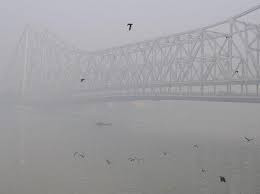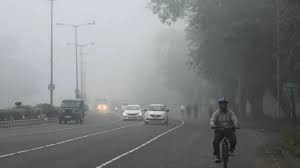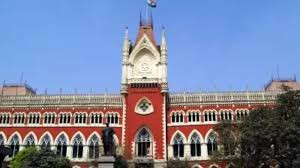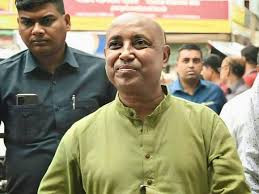Tension Erupts in Amtala Amid Protests Against Waqf Amendment Act
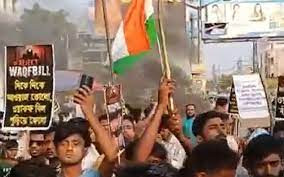
IIE DIGITAL DESK :Amtala in South 24 Parganas district of West Bengal witnessed tense scenes on Thursday as large crowds gathered to protest against the recently introduced Waqf Amendment Act. What began as a peaceful demonstration quickly escalated into a heated standoff between protestors and law enforcement authorities, disrupting daily life and sparking political debate across the state.
Protesters, including members of various minority organizations, local religious groups, and social activists, took to the streets voicing their concerns that the amended legislation would undermine the autonomy of Waqf properties and curtail the rights of the community. According to protest leaders, the new provisions allow for increased government intervention in Waqf boards, raising fears of misuse and bureaucratic overreach.
The situation at Amtala turned volatile as demonstrators attempted to block a major highway, demanding immediate rollback of the amendment. Police were deployed in large numbers to manage the crowd, and mild lathi-charge was reported when protestors refused to disperse. Several were detained by authorities to prevent further escalation.
Political parties weighed in quickly, with opposition leaders criticizing the state and central governments for ignoring minority voices. Community leaders have called for a broader dialogue and peaceful resolution, urging authorities to consider the sentiments of those affected.
Shops in nearby areas were temporarily shut, and public transport was disrupted for several hours, causing inconvenience to commuters. Security has been tightened in Amtala and surrounding regions, with local administration on high alert to prevent further unrest.
The protest against the Waqf Amendment Act in Amtala reflects the growing unrest among minority groups over legal changes they view as intrusive. As debates intensify, the incident has highlighted the need for transparent communication and inclusive policymaking in sensitive matters of religious and community governance.
You might also like!




